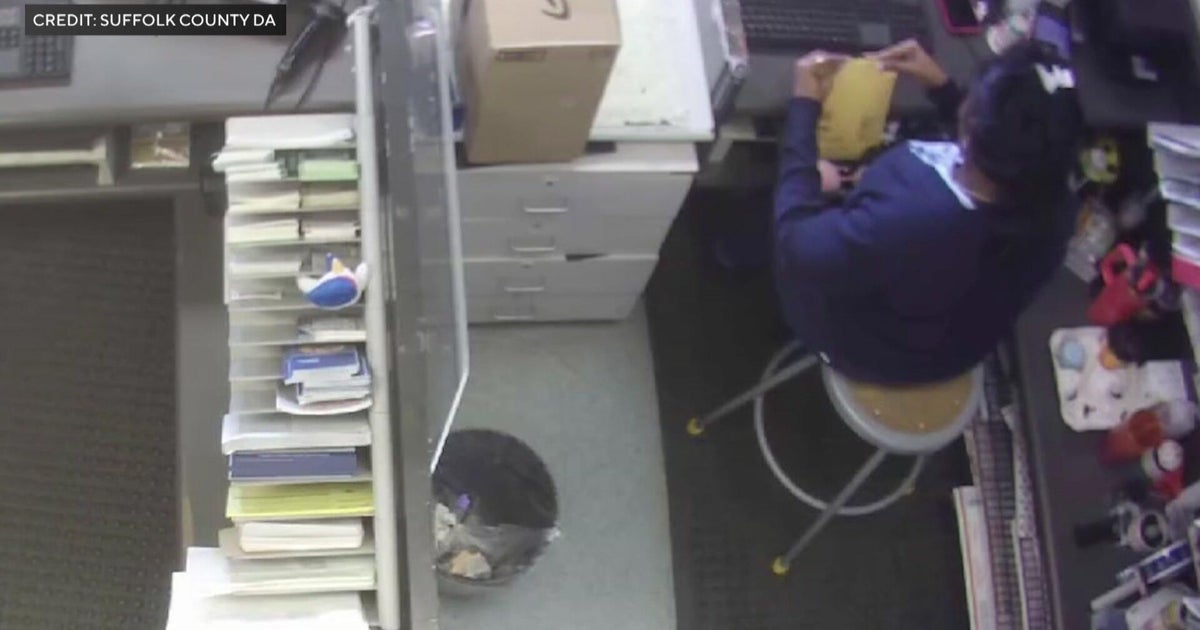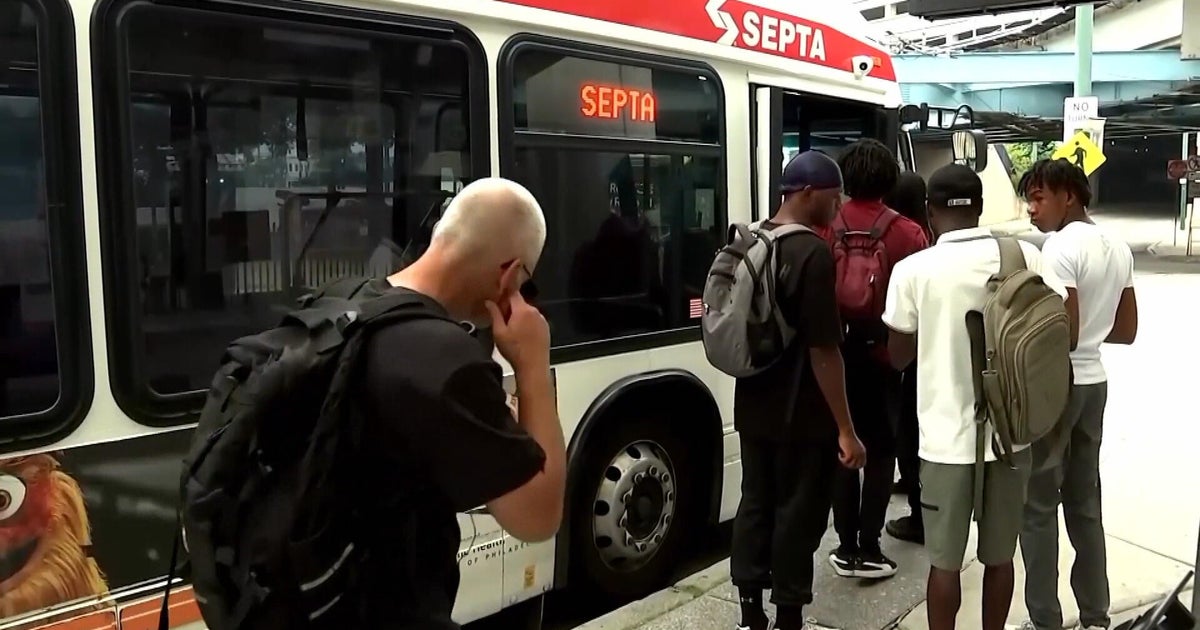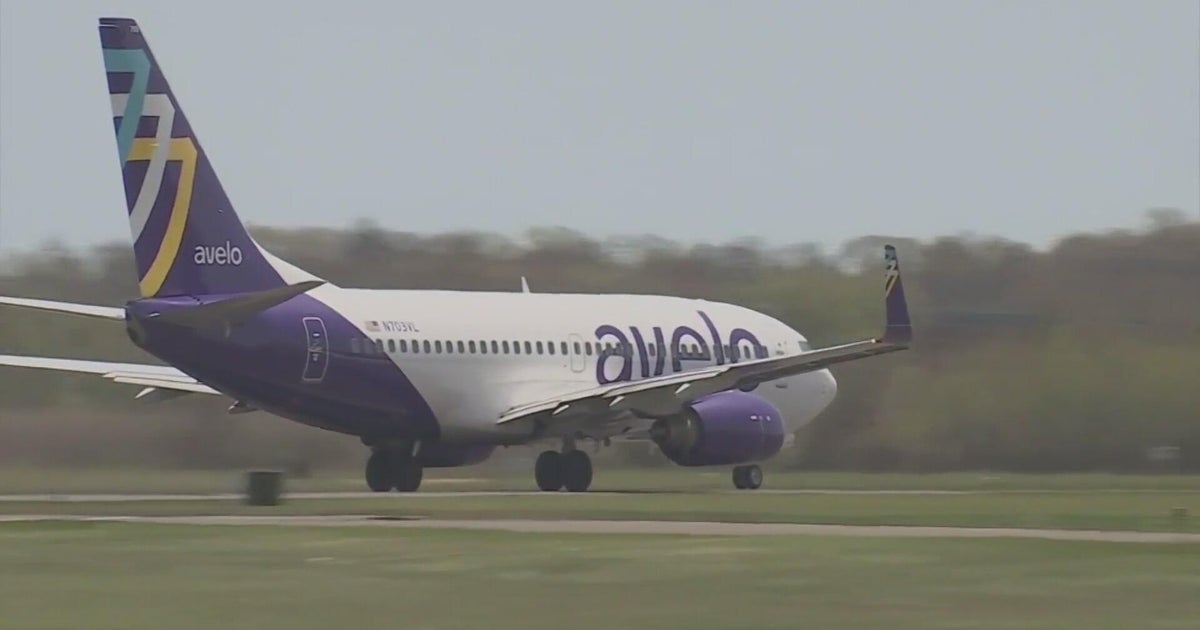Report: Fast food workers make up nearly 10% of LA's homeless population
A newly-released report says that thousands of fast food workers in Los Angeles County are experiencing homelessness, attributing the issue to low wages and lack of affordable housing.
Los Angeles-based nonprofit organization Economic Roundtable conducted a study, based on information attained from the U.S. Census Bureau, that reveals fast food workers make up an astounding 11-percent of the Golden State's homeless population, a number nearly mirrored in both Los Angeles County (9-percent) and the City of Los Angeles (8-percent). They estimate that there are more than 10,000 homeless fast food employees across the state and nearly 3,600 L.A. County.
"All low-wage workers face some level of risk that they will become homeless," the study says. "This risk is compounded in the fast food industry by the combination of low wages, part-time work and employee churn. These interlocking hazards undercut workers' ability to pay their rent."
According to the report, frontline fast food workers on average earned $16,800 in 2020 -- 27-percent of what workers make in other industries, and that "the poverty rate for the households of frontline workers in California is three times higher than the rate for the rest of the state's workers."
The study claims that if the industry provided "sustaining pay and stable employment" that number would experience a drastic drop, with 10,120 less unhoused people across California and 3,595 fewer in Los Angeles County.
At the latest count, more than 170,000 homeless people live in California, a number than grew by 51-percent from 2014 to 2022.
For those that do have housing in Los Angeles, 43-percent are said to be living in "overcrowded housing" and 25-percent are severely rent-burdened to the point that they use more than half of their monthly income on rent.
On top of low earnings, the report also points to unstable and unpredictable hours as a reason for why so many fast good workers are homeless. Frontline fast food workers are said to only work 1,340 hours a year -- or 26 hours weekly.
"Low wages, part-time hours, on-demand scheduling, and unpredictable scheduling create and perpetuate poverty," the study says. "Workers scramble between jobs to escape poverty while fighting the deprivation and housing instability caused by intermittent unemployment."
In an effort to combat this, California lawmakers have attempted to provide workers with more power and protections, with Governor Gavin Newsom signing AB 257 into law last year, which would have seen minimum wage jump to $22 for many employees of fast food franchises. That law, however, has been placed on hold due to an initiative that will be on the Nov. 2024 ballot that gives voters the option to prevent the law from going into effect.







